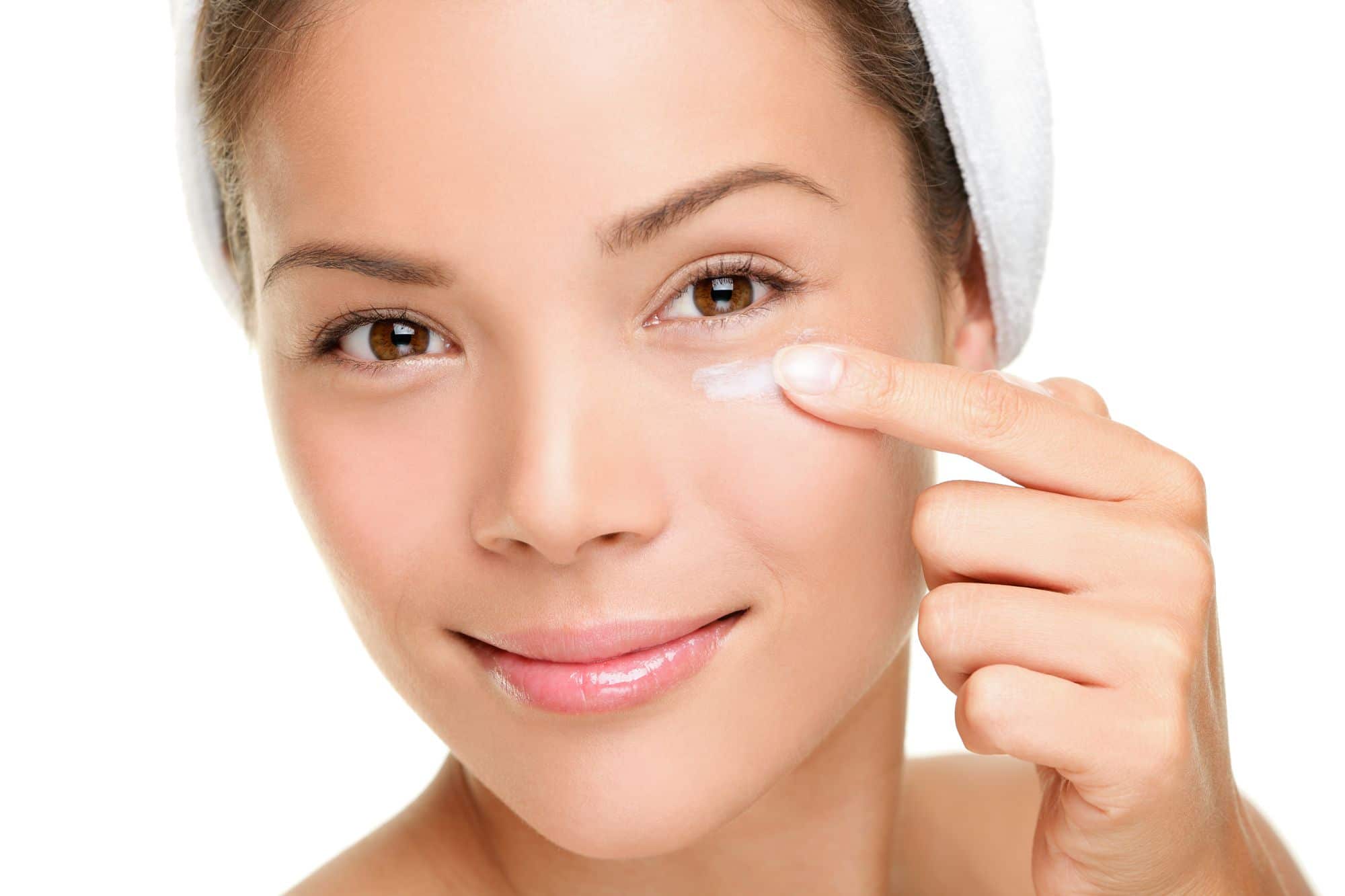
28 Sep The Skin is the Largest Organ in the Body
When we think of our body organs, the thought of them being internal could come by default. The heart, the brain, the kidneys, the stomach… name them. But there’s actually one organ on the outside, the skin. This is the largest organ in the human body – for a typical adult, it covers about 21 square feet and weighs about 7 pounds. Being the largest organ, it’s also one of the most essential organs, and we experience its benefits every single second of our lives. Please read on to understand more of the benefits and why you need to take care of this organ.
A Summary of How It Protects the Body
The skin consists of three layers; the epidermis, the dermis, and the hypodermis, which generally work together to achieve the skins protection function. But each layer has specific functions:
Epidermis, the outermost layer, contains several layers of keratinocyte cells that form the skin cover, usually known as the horny layer. This layer varies in thickness considerably from one part of the body to the next (thinner around the eyes than on the soles of the feet). Defensive Langerhans cells are also present on the epidermis to keep watch for a plethora of infectious agents and viruses and alert your immune system accordingly.
The dermis falls just beneath the epidermis. This layer is made of elastin and collagen fibers that provide the skin with the necessary elasticity and strength.
The body temperature is also regulated by the blood vessels in the layer, which increase or decrease the blood flow to the skin to allow body heat to escape or be contained, respectively. It includes a huge pack of sensory nerves and receptors to keep the brain in touch with the outside world – heat, cold, and touch.
You’ll also find a number of glands on this layer:
- Sweat glands, which cools the body and get rid of waste fluids lactate and urea.
- Sebaceous glands, which secrete sebum for lubrication of your skin & hair.
- Apocrine glands, which produce scented sweats, especially during puberty to enhance sexual attraction.
The hypodermis is the bottom layer made up of a seam of fat. The fat is basically reserved as fuel in case of food shortage. But it’s this layer that also acts as a cushion and insulation in case of a knock or fall.
Why You Need to Take Good Care of Your Skin
Even with its potential to protect your body against harmful chemicals, damaging sunlight & extreme temperatures, the skin faces dozens of threats from every aspect of your life. And unhealthy skin will hardly be able to perform its functions efficiently, at least not to its potential. It will get dehydrated, heal much slower, age faster, and more susceptible to infection, among other threats. You want your skin always to appear full and vibrant, right? Which is why it’s important that you take proper care of your skin every day, everywhere.
What you eat, drink, or allow to come in contact with your skin will eventually affect the health and appearance of your skin. Good news is, there are platforms, such as The Spring Spa, with highly qualified and dedicated staff to help you adapt to safe and effective ways of proper skincare.
The Spring Spa hot springs use mineral water with zero harsh chemicals, making it special for enhancing the health of your skin, and the body in general. Soaking and bathing on our mineral water hot springs will provide your skin with essential minerals for a younger, full, and vibrant skin. Plus, our staff are trained to provide a variety of professional resort and spa services to give you exactly what you need, and more. Isn’t that great?
